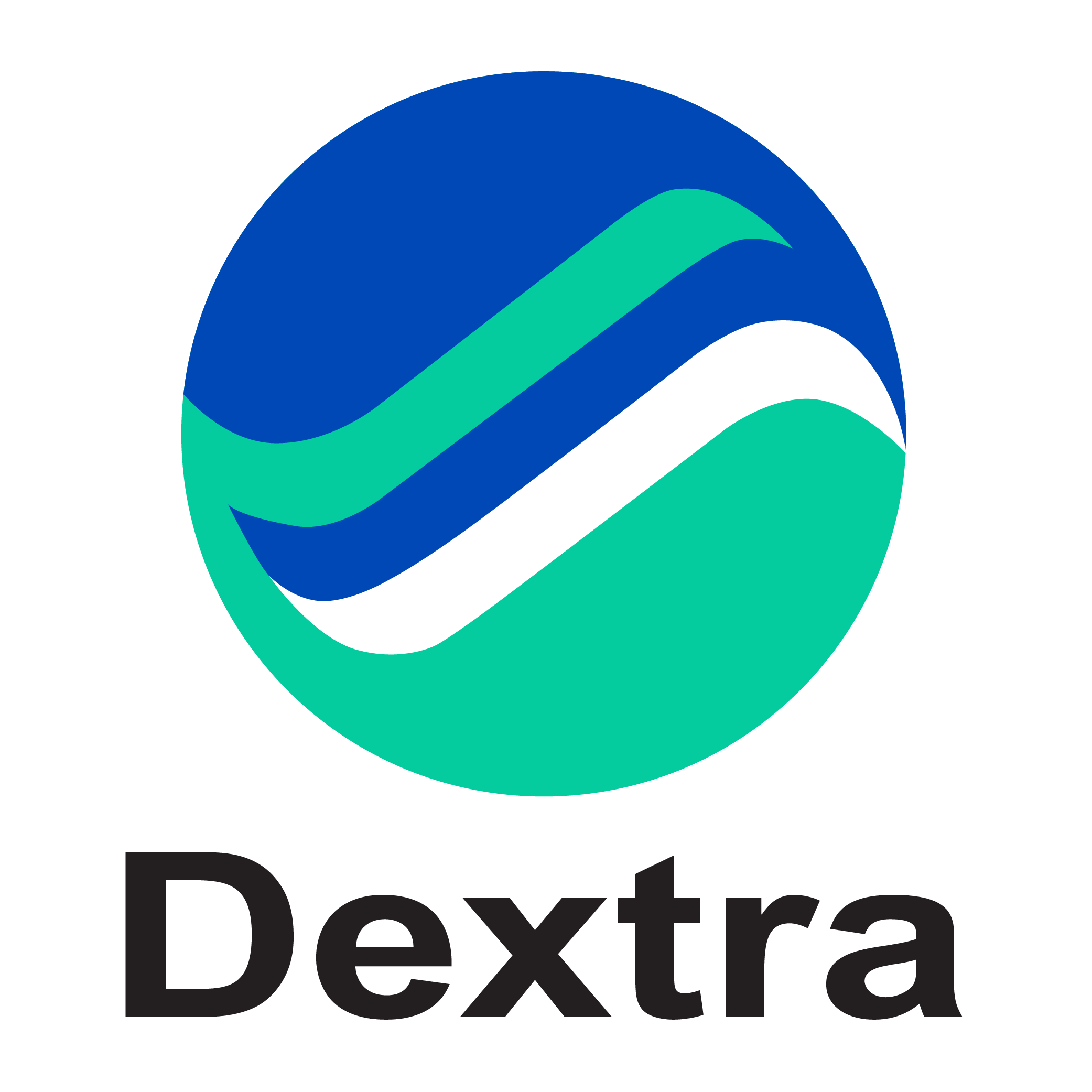Melbourne Metro: fünf neue U-Bahn-Stationen
Melbourne’s metropolitan rail service operates 226 six-carriage trains across 998 km of tracks. The metro has 15 lines and 222 stations, serving more than 400,000 passengers a day across the city.
In 2017, the construction of a 9 km-long tunnel and five new underground stations was announced to increase capacity and expand coverage in the city’s suburban area.
Construction began in 2018. Dextra was involved in the project by supplying rebar connectors with fully automated rebar preparation equipment for the station’s structural Bewehrung works.
Griptec couplers were chosen for their unrivaled performance in tension, compression, and fatigue, with 400,000 units delivered.
In addition, Dextra supplied:
- 5,300 GFK Astec Combination Bolts — These were used at the CBD cavern location. The 19m width of the cavern allowed for the construction of two conventional 7m tunnels, built in parallel with the middle segments secured by GFK CB Bolts, which can be cut to widen the gallery.
- 2,400 GFK Geotec GR45 – 25mm dowels — Each measuring 11.8 meters, these dowels were used to secure the excavation face.
- 900 GFK Astec Soil Nails ST50 – 41 — These were applied to secure several stations under construction. Some of them extend beyond the project boundary since GFK can remain in the ground and be easily cut later.
- 16 Soft-Eyes — Installed in the D-Wall and bored pile of five stations.
Dextra provided support and shared its expertise on GFK during the design stage, producing custom-shaped GFK solutions to meet the owner’s expectations. Due to the cuttability of GFK, the TBM can pass through the D-Wall in minimal time without causing damage.
The metro tunnel and its new stations are due to open in 2025 and are predicted to become a new landmark for the city.
(Bildnachweis: Hugh Llewelyn unter https://bit.ly/2S0kbAG)




